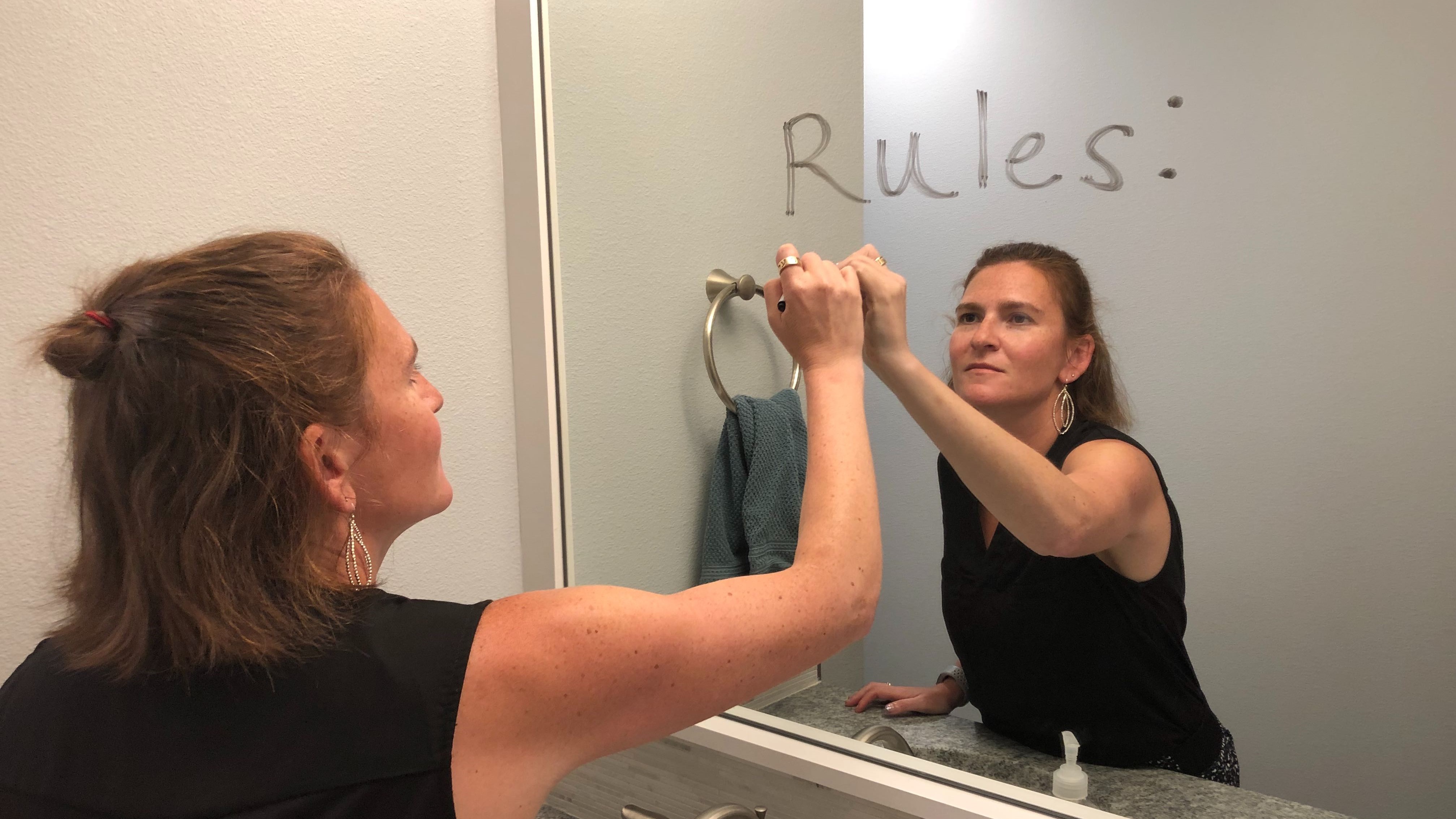Living with two young kids, I find my life is made up of one lesson in responsibility after another. If you make the choice not to eat dinner, you’ve then made the choice not to have dessert. If you get hurt because you didn’t pay attention to the directions or rules I gave, I’ll feel sad that you’re hurt, and then I’ll remind you that rules are meant to keep you safe.

And it’s not just on the kids; parents have to accept responsibility too. We usually bring after-school snacks for the kids at pickup, but one day Duncan was coming to school straight from a meeting and didn’t have time to run home and grab a granola bar. What followed was a 45-minute tantrum because one child was hangry, and it took approximately that long to then calm down enough to eat and get the blood sugar level back to normal. Learning that our actions have real results is a lesson even adults struggle with sometimes. More often than not, we bring both the good and the bad consequences on ourselves, and there’s no one else to blame.
This lesson is prevalent in the Torah, with God bringing in the final rules and structure to the Israelites on their journey. We read Parshat Re’eh this week, as the Torah races to the finish line of its lessons. In our parshah we learn about the blessings and curses that will come with observance (or lack thereof) of the mitzvot we’re given. We receive some final warnings about following the laws against idolatry, laws for keeping kosher, and the importance of treating each other as equals. Finally, we receive some more information on our three pilgrimage festivals.
In these final laws, God reminds what is essentially a “toddler” nation in chapter 11, verse 28: “And curse, if you do not obey the commandments of the Lord your God, but turn away from the path that I enjoin upon you this day and follow other gods, whom you have not experienced.” Is God responsible for curses that fall upon the Israelite nation, or do the individuals through personal behavior bring the curses on themselves?
As you read the laws of the Torah, you can see they are as much about our relationship with God as they are about our own personal choices. The essence of Jewish law, “love your neighbor as yourself,” is about loving others, but it first assumes that we love ourselves. Our first obligation is to treat ourselves as holy and worthy of respect. On the other hand, when we make choices that lead us off the path of goodness, we receive consequences which might be negative.
This week, the Torah is reminding us that we must own our behavior and understand that our actions have reactions, both good and bad. It’s easy to blame God for the bad things that happen in our lives, but as we head into the month of Elul and the High Holiday season, the first step toward living a new year of goodness and fullness is taking real ownership of our decisions.



